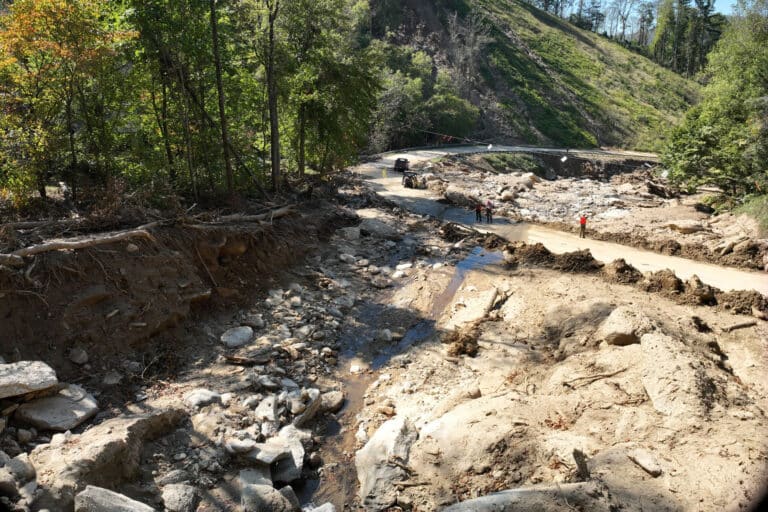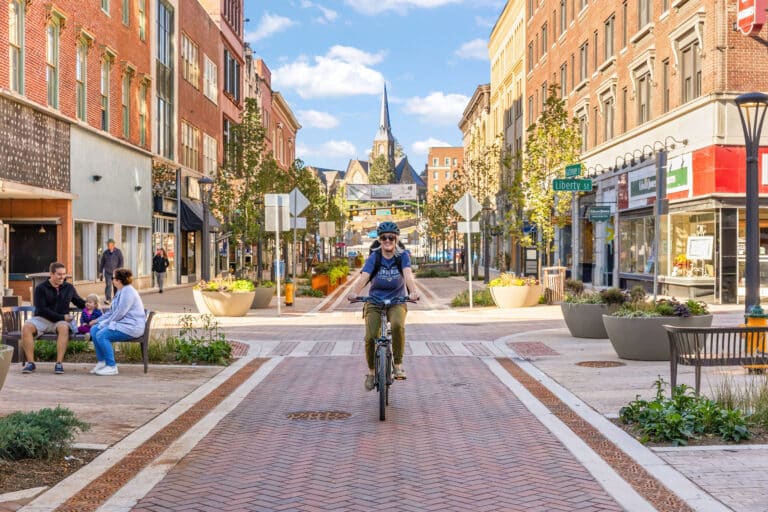Remembering Sepp Kober
While many skiers dismiss the Southern slopes, Sepp Kober always believed the mountains below the Mason-Dixon Line should be taken seriously. In late summer, Kober, known as the Father of Southern Skiing, passed away at age 88. He’s credited with turning the South into a legitimate slope destination—validated earlier this year by his long-overdue induction into the U.S. Ski and Snowboard Hall of Fame.

Kober immigrated to the United States in 1957 from Austria, where he was a member of the national ski team. After a brief teaching stint at Stowe in Vermont, Kober took a job at the primitive Weiss Knob ski area in West Virginia, where he became the South’s first certified ski instructor. His true influence, though, began when he was hired by The Homestead—a destination resort in the western Virginia mountains. The Homestead wanted to attract guests to the Allegheny Mountains during the slow winter months, so Kober orchestrated turning it into the South’s first full-service ski resort by adding a snow-making system, equipment rentals, and carefully designed trails next to lodging. He also hired ski coaches from his home country to provide the proper instruction. He was determined to bring the expertise he learned growing up among established European skiing culture to a part of the U.S. he felt had under-utilized potential for the sport.
The skilled freestyle skier not only saw opportunity, but he was also attracted to Southern hospitality. “The ambiance reminded him of his hometown area in Austria,” says Kober’s son, Sepp Kober, Jr., who owns Freestyle, a regional skiing shop with locations in Charlottesville and Wintergreen, Va. “He saw potential in a place where he could use his talent, and he enjoyed bringing his passion for skiing to an area that had never experienced it.”
Kober stayed at The Homestead for over four decades, but he also made sure his influence was spread throughout the region. According to his International Skiing History Association biography, Kober went on to help develop the ski programs at Cataloochee Ski Area and Wolf Ridge in North Carolina, as well as Tennessee’s Ober Gatlinburg and Virginia’s Bryce Mountain Resort.
Kober also tirelessly promoted the sport—bringing sanctioned National Standard Race (NASTAR) competitions to the South and staging the region’s first USSA ski races. He also founded the Southeastern Ski Representatives Association, Mid-Atlantic Ski Areas Association, and Southeastern Ski Areas Association. Many consider Kober’s April induction into the Ski Hall an acknowledgment of the South’s influence in the sport.
“He was proud to see the region get a little more respect,” says Kober, Jr. “The South plays an important role for skiing that many people don’t realize.”
Despite gradually declining health, Kober was still seen on the Southern slopes until he was 86.






